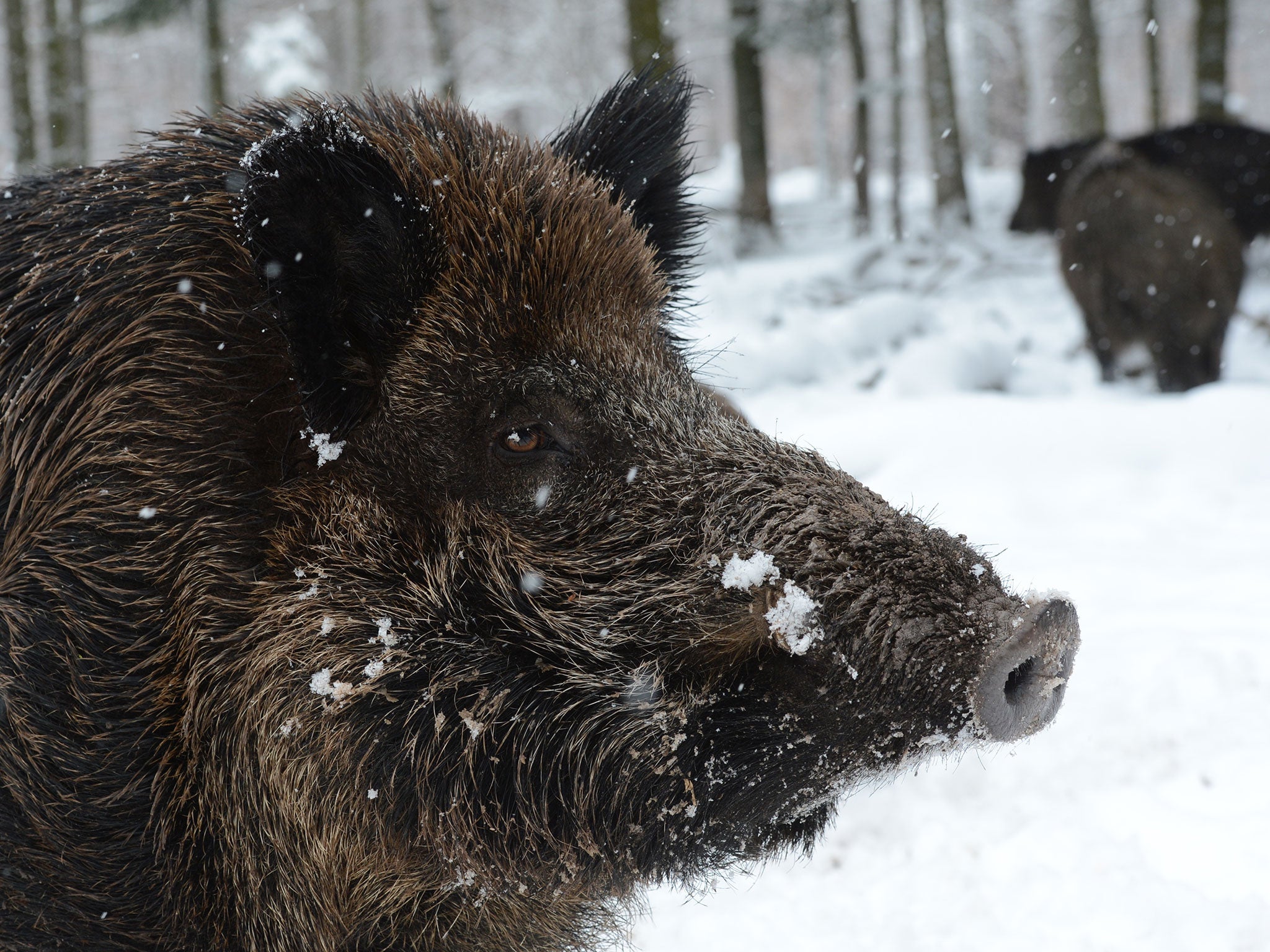Radioactive wild boars rampaging around Fukushima nuclear site
The animal population has been left unchecked since the disaster in 2011

Radioactive boars are running wild and breeding uncontrollably in the northern region of Japan contaminated by the Fukushima nuclear disaster.
The animals have been devastating local agriculture and eating toxic, nuclear-contaminated food from around the accident site.
Mass graves and incinerators have been unable to cope with the quantity of boar corpses, shot by local hunters.
A quarantine zone near the Fukushima Daiichi nuclear plant where a 2011 meltdown leaked radioactive material into the surrounding countryside has been uninhabited by humans since the disaster.
However, boars remained in the area, unchecked by humans. Their precise number is unknown, but since 2014, the number of boars hunted has increased from 3,000 to 13,000, The Times reported.
The damage to local farms beyond the quarantine zone caused by the boars has correspondingly increased, amounting to ¥98 million (£620,000) since the accident.
The animals are now being killed faster than they can be buried.
Three mass graves, big enough for 600 boars each, are almost full in the city of Nihonmatsu, 35 miles from the nuclear plant. There is no more public land on which further mass graves can be dug.
Hunters have buried the carcasses - often weighing 100kg - in their gardens, but they are often dug up by wild dogs.
“Sooner or later, we’re going to have to ask local people to give us their land to use,” said Tsuneo Saito, a local hunter. “The city doesn’t own land which isn’t occupied by houses.”
In desperation, the authorities are resorting to using incinerators to get rid of the corpses, although it has been difficult to find the workers to chop up the remains into pieces small enough to feed into the furnaces.
In the city of Soma, a purpose-built incinerator has been developed, complete with filters to absorb any radioactive material released by its cremations. However, even this £1million operation can only dispose of three boars a day.
The animals were considered a local delicacy, but the nuclear contaminated boars are unfit for human consumption. Tests have shown the contaminated area remains dangerous, with levels of radiation 300 times the safe limit for humans.
The radiation levels are expected to remain toxic for at least another 30 years.
Despite evidence of mutations to local plant and insect life, there has been nothing yet to suggest the boars suffer any ill effects from the radiation.
The illness caused to humans by the Fukushima disaster has been relatively limited.
Join our commenting forum
Join thought-provoking conversations, follow other Independent readers and see their replies
Comments